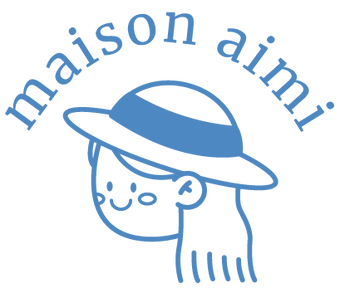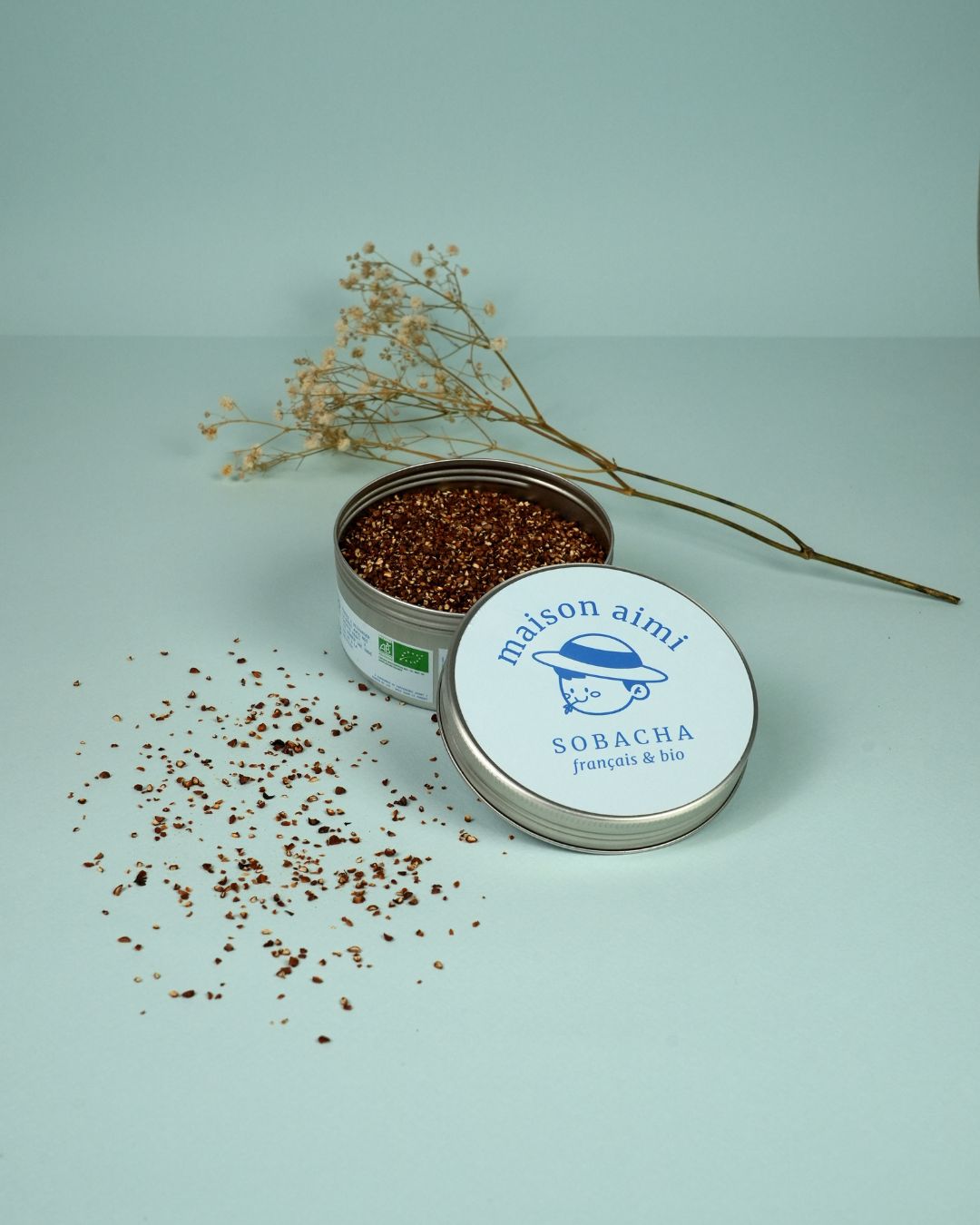Quitting coffee: why, how, what alternatives?

You love coffee but are currently hesitating to cut down on your coffee consumption. Indeed, for health and ecological reasons, stopping coffee, or at least reducing your consumption, is a good idea. The caffeine and acidity of coffee are two major limitations of this drink, not to mention the conditions in which coffee is grown and the miles that coffee beans travel to reach us. But how can you stop coffee when you love this drink that boosts you? What drinks can you drink to replace coffee? We talk about it in this article.
Table of Contents
Four good reasons to quit coffee
Quitting Coffee for Health Reasons
Two Ways to Quit Coffee
What are alternative drinks to coffee?
Four good reasons to quit coffee
Originating from Ethiopia, coffee is an energizing, psychotropic and stimulating drink obtained from roasted beans of various varieties of coffee plants. Coffee is among the top three most consumed caffeinated beverages in the world, along with tea and mate (yes, tea contains caffeine: did you know that?).
Quit coffee to avoid addiction
The first reason to want to stop drinking coffee is to avoid giving in to a caffeine addiction. Like any psychotropic molecule, caffeine has an effect on the nervous system and leads to dependence. It takes more and more caffeine to get the same effects and a lack of caffeine can have physical repercussions: for example, it can cause a headache or a fever. If you feel this type of sensation, it may be time to stop drinking coffee!
Quitting coffee to adopt a better lifestyle
Fatigue = coffee. This equation is simple and is a reflex for many of us. However, coffee =/= rested. On the contrary, coffee tends to increase agitation and slow down falling asleep. It is therefore a short-term solution that we sometimes use to meet productivity challenges and keep up the pace when life goes too fast!
Quitting coffee or reducing your consumption to “pleasure” consumption is a great idea that can help you take control of your life.
Stopping coffee for ecological reasons
As we mentioned in the introduction, coffee comes from the seeds of coffee trees. However, coffee shrubs grow exclusively in East Africa (Ethiopia, Kenya) and South America (Colombia, Brazil, etc.).
In addition to the ethical issues surrounding the treatment of farmers and people working on these plantations, there is the environmental cost: the chemical treatment of coffee plants and the transport of coffee beans to our European countries. Coffee is therefore not an environmentally and ethically neutral drink – far from it!
In this context, reducing coffee and reducing consumption to certain coffee brands only, supported by ethical and ecological positions, is a nice ecological choice.
Stop drinking coffee to protect your health
Finally, quitting coffee is often motivated by health reasons. Because we feel discomfort (heart palpitations and/or bloating) or following a specific medical recommendation, we feel the need to curb our consumption.
In fact, in too high a dose, coffee and caffeine can be really harmful.
Quitting Coffee for Health Reasons in Question
Are you considering quitting coffee for health reasons and have questions about this decision? Let's dig a little deeper!
What are the harmful effects of coffee?
Beyond the caffeine addiction that can be problematic, (over)consumption of coffee can be annoying on different levels:
- Caffeine can have harmful effects on the heart : heart palpitations, arrhythmia, increased cardiovascular risks. Several studies have shown that from six cups of coffee per day, there is a real risk to health . High doses of caffeine thus increase the risk of cardiovascular disease by 22%, and promote high blood pressure;
- caffeine increases agitation and may cause delayed onset of sleep and sleep disturbances;
- Coffee prevents iron absorption: if you tend to be anemic, stopping coffee will help your body better metabolize the iron absorbed;
- Coffee is a particularly acidic drink: if you tend to have heartburn and bloating, drinking coffee can make you uncomfortable (especially if you are fasting);
- The tannins in coffee tend to stain teeth yellow. Reducing your coffee (and tea!) consumption is a good way to avoid this problem.
When should you stop drinking coffee?
Medical advice aside, there is no right time to stop drinking coffee. However, if you start to feel addicted to caffeine (you get a bad headache when you don’t have your morning cup, you feel like you can’t function without caffeine), it may be worth considering stopping or at least slowing down your daily coffee intake.
Is it good to quit coffee?
Yes! For all the reasons mentioned above, quitting coffee is a good idea.
It's worth noting though: it's not necessary to completely stop drinking coffee for your health. In fact, slowing down your daily intake to one cup of coffee is already a nice gesture, for your body and for the planet.
Is Coffee Bad for Everyone?
Coffee isn't bad if you have a cup every now and then, just to treat yourself. Generally speaking, however, over-consumption of coffee will be bad for everyone - although some people feel the effects of caffeine more than others.
Two Ways to Quit Coffee
Stopping drinking coffee or reducing coffee to a pleasure consumption is, like all decisions of this type (stopping smoking, stopping nail biting, stopping eating sugar and so on!), a decision that involves changing one's lifestyle habits.
#1 Ask yourself why you want to quit
The first step to quitting coffee is to ask yourself why you are making this choice, making this decision. This is an important point and it is essential to feel in tune with this decision because it is what will guide our future actions.
We have discussed the main reasons that can lead to stopping coffee:
- Take back control of your life
- Don't be addicted to caffeine
- Protect your health and avoid discomfort
- Committing ecologically and ethically
What are yours?
#2 Take stock of your consumption
Second step: take stock of your coffee consumption.
- Quantity: How much coffee do you drink per day?
- Quality: What types of coffee do you drink per day? What do you like?
- Why: Why do you drink coffee? To wake up? Because you feel addicted and deprived when you don't drink it? Because you like it? Does coffee help you motivate yourself?
- When: When do you drink coffee? In the morning, after lunch?
- Who: Who do you drink coffee with?
From your answers, you will better understand your coffee consumption. Depending on what you are looking for in coffee on a daily basis (its low cost, its strong taste, its caffeine to wake you up, etc.) you will be able to slow down your consumption and move towards a replacement drink rather than another!
#3 Try other drinks
It's time to step out of your comfort zone and try other drinks. The goal isn't necessarily to rediscover the taste of coffee or the sensations it gives you. It's more about finding drinks that you like and can fit into your life effortlessly and without breaking the bank! We've made a list of interesting drinks to try right after!
#4 Stop drinking coffee
Now all you have to do is take the plunge! Stop drinking coffee completely or replace it little by little? There is no right solution! Instead, choose the one that suits you!
Replace coffee little by little
The first solution to gradually stop drinking coffee is to replace your coffee, cup by cup, with another drink. For us, the morning cup that wakes you up and the one after lunch are the hardest to stop (any resemblance to smoking is not intentional!): the others can more easily be replaced with other drinks. Start like this, little by little. Then eliminate the last cups if you wish or choose a good coffee to treat yourself to with your daily cup of coffee!
Stop drinking coffee suddenly
If you are the die-hard type and never do things by halves, stopping coffee completely may be THE solution. We are all different and the gradual solution is not suitable for everyone! From one day to the next, stop buying coffee, choose new drinks and GO!
What are alternative drinks to coffee?
Quitting coffee means finding new alternative drinks that replace the pleasure of coffee as well as its functions (wake-up, price, social aspect, etc.). Here is a list of alternative drinks to coffee. Because our reasons for quitting coffee are different, we have specified here the characteristics of each drink (presence or absence of caffeine / theine, taste close to coffee, composition, etc.). Great discoveries!
#1 The mugicha
Mugicha means “barley tea” in Japanese. You will also find it under the name of caffè d'orzo in Italy, the Italians also appreciate it a lot. It is an infusion of roasted and crushed barley seeds with a caramelized taste that may remind you of coffee. Very positive point: it can be infused hot and cold, so the cold coffee fans among you will be able to enjoy it in summer. Choose it made in France and organic for an ethical approach!
And in a latte version? Like a classic coffee, mugicha can be combined with a cloud of oat milk for more indulgence. There is also mugicha powder to create gourmet mugicha lattes that will allow you to forget about latte coffee!
Caffeine / Theine: 0
Calories: 0
Taste: Notes of caramel, coffee and chocolate
Cold / Hot: Cold and hot
Composition: 100% barley
Preparation: 2 minutes in hot infusion and minimum 15 minutes in cold infusion
Ecology: Made in France and from Organic Agriculture
Health: Mugicha has many benefits!
#2 Chicory
When it comes to quitting coffee, an organic and made in France alternative often suggested is chicory. This drink is generated from the root of a plant sown and grown mainly in the lands of Northern France. It gives a slightly syrupy drink, thick like coffee, very low in calories. The taste will however be quite far from coffee and you will certainly have to test several brands to find your happiness!
Caffeine / Theine: 0
Calories: 16 kcal per cup
Taste: Notes of caramel
Cold / Hot: Hot infusion only
Composition: 100% chicory
Preparation: Soluble powder
Ecology: Made in France
Health: Chicory has various benefits.
#3 Matcha
Matcha is a drink of Japanese origin, derived from green tea. It is reduced to a powder state and mixed with water to be consumed. It is often drunk in combination with milk in a matcha latte or in pastries. Derived from powdered tea leaves, you can however only find it from Japan which may bother you from an ecological point of view.
Caffeine / Theine: With theine
Calories: 0
Taste: Bitter tea
Cold / Hot: Hot infusion only
Composition: 100% tea
Preparation: Gesture to work on
Ecology: Made in Japan
Health: Matcha tea has various benefits but is very concentrated in caffeine.
#4 Decaffeinated coffee
Decaffeinated coffee is a very popular alternative for people who want to quit caffeine but not coffee! While the coffee bean is still green, it is immersed in a solvent that removes the caffeine: you benefit from the benefits and taste of coffee without the disadvantages of caffeine. However, the chemical solvents used have recently been called into question and could have negative consequences on our health: it is essential to turn to decaffeinated coffees without solvents.
Caffeine / Theine: 0
Calories: 0
Taste: Coffee
Cold / Hot: Hot infusion only
Composition: 100% coffee
Preparation: Like a classic coffee
Ecology: Made in Ethiopia, Kenya, Colombia, Brazil…
Health: Coffee has various benefits.
#5 Rooibos
Rooibos is also known as red tea. This shrub, which originates from South Africa, has the particularity of not containing theine and of being more fragrant than a plant infusion. If you are looking for a taste to replace your cup of coffee, you might really appreciate it! However, there is one small drawback: it is grown in South Africa and its carbon footprint is therefore not neutral!
Caffeine / Theine: 0
Calories: 0
Taste: Caramel
Cold / Hot: Hot infusion only
Composition: 100% rooibos, can be combined with different plants and aromatics
Preparation: Infusion in 2 minutes
Ecology: Made in South Africa
Health: Rooibos has various benefits.
There are many reasons to stop drinking coffee or at least slow down your daily consumption. It is both about protecting your health and thinking about ecology. Moreover, stopping coffee means questioning your lifestyle and habits. To do this, gradually replacing coffee with other drinks, such as mugicha, is a nice initiative.


